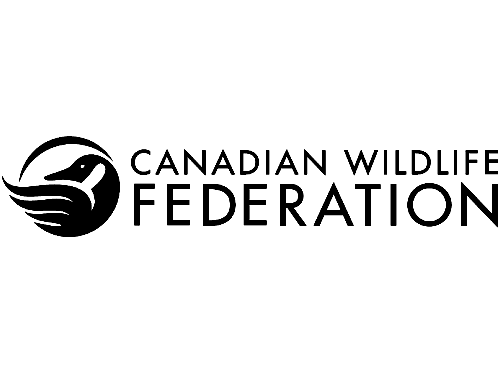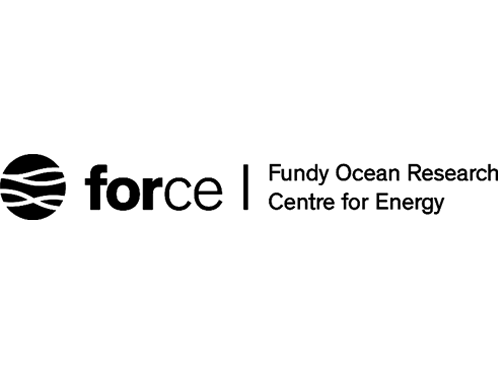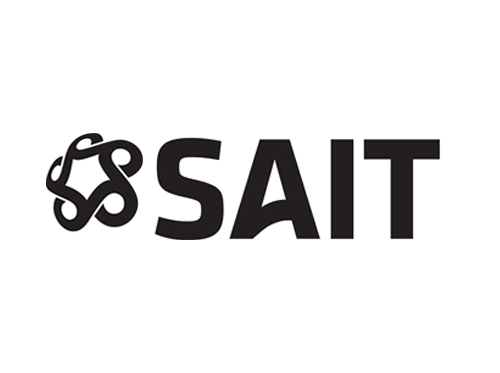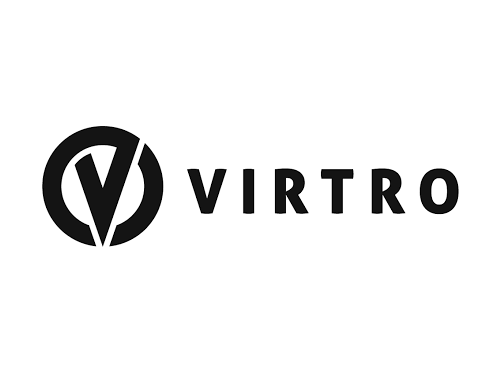Available Internships
Take a minute to answer a few questions and get an idea of which program will be the best fit for you.

Job Title/Company
Location
Program
Date Posted
What are people saying about our programs?
Hear first-hand from the employers and job seekers who have benefitted from one of our programs.

Everyone needs a place to learn. I thought it was a good opportunity for them and us.
Owner, Whispering Flowers Care Home
Here are a few of the great employers we have supported.
Do you want to address your labour shortages, diversify your workforce, and strengthen your organization?











